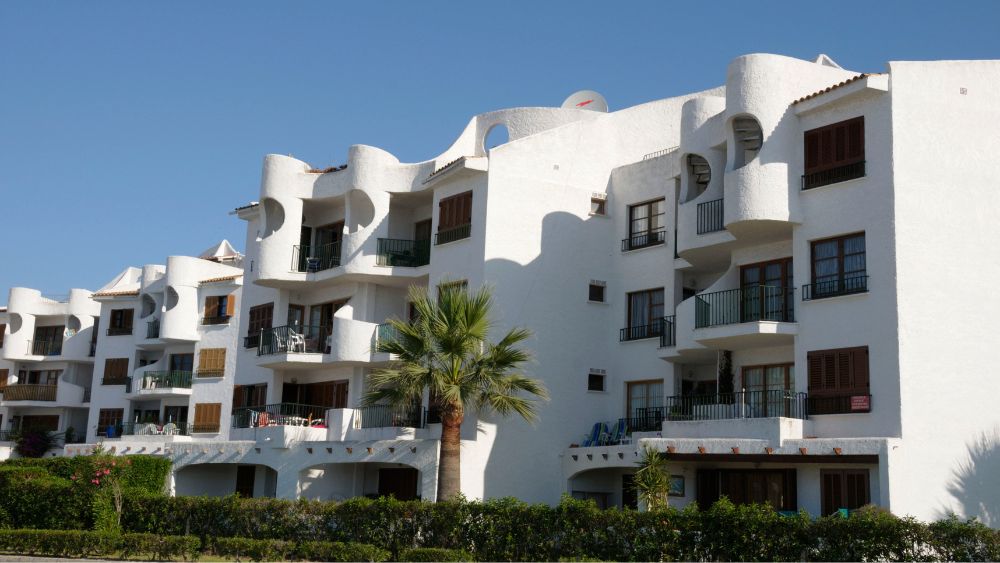Valencia approves new decree-law on tourist accommodation in the region
The objective is to provide specific regulations that offer legal security to both users and owners of tourist accommodation, as well as to society as a whole.

The Valencian Government has approved a new decree-law to improve the regulation of tourist accommodation within the Comunidad Valenciana by adjusting it to the reality of current supply and demand, offering legal security to both owners and holidaymakers as well as to society as a whole.
The increase in tourist accommodation has been mainly driven by the platform economy, leading to its exponential and uncontrolled proliferation in certain areas which has forced the regional government to adopt urgent measures to halt such an unchecked spread which, if not acted upon immediately, could generate further problems.
The new decree-law modifies the current regulations governing tourist accommodation in the Comunidad Valenciana as set out in Ley 15/2018 on tourism, leisure and hospitality, and Decreto 10/2021 which regulates tourist accommodation in the region.
Main Characteristics of the Decree-Law
The new regulatory text completes the definition of tourist accommodation, separating it from seasonal and residential use. This aims to prevent the leasing of such accommodation by providing protection to leases on property that should not be considered for tourist use and should be regulated by the Urban Rental Law (LAU).
The existing regulations are also modified to stop the unfair competition exercised by those who market their property illegally, which not only harms the regulated tourist sector but also means that they avoid the control of the competent authorities. In addition, conditions are set which provide the minimum quality standards for accommodation available to tourists, guaranteeing that those standards are the same as those of a residential home.
Transparency of Tourist Accommodation
The new decree-law also aims to achieve transparency in the tourist accommodation sector in line with Regulation (EU) 2024/1028 by providing updated information on the address of the property, the unique cadastral reference, the name of the owner, the declaration of community of owners, etc.
In addition, tourist accommodation is temporarily separated from other short-stay rentals which is regulated by the State and whose problems are substantially different.
Fight against Unfair Competition
The new regulations also toughen the sanctions available by redefining the types of infringement and aggravation of infringing behaviour, such as the requirement for displaying the registration number in all advertising of the specific tourist accommodation.
In addition, inspections will be facilitated by obtaining updated data on the tourist accommodation and by the development of new technologies whilst the owners will be responsible for the activity carried out in their properties.
Municipalities will also be given a leading role so that, in line with their own powers of planning and design of their urban model, they can act voluntarily in the area of tourist accommodation within their boundaries.
Simplified Administration
It will still be necessary to have a municipal report on urban compatibility to obtain permission for the use of a property as tourist accommodation but the procedure will be streamlined by making it possible to provide an equivalent document issued by the Entidad Colaboradora Urbanística de la Generalitat Valenciana (ECUV).
In addition, home categories are removed by the new regulations and requirements have been updated to speed up the responsible declaration of commencement by the owners, the processing of which is exclusively online.
The decree-law also specifies the technical requirements of habitability, design, accessibility and security of the accommodation to provide legal certainty of the fulfillment of the demands of the regulatory decree.
Balanced Tourist Ecosystem
In order to achieve a balanced tourism ecosystem, the validity of the effectiveness of responsible declarations is established for five years and a specific transitional regime is determined which, respecting the existing situations, allows the accommodation to adapt to the regulations, requirements and evolution of a constantly changing market.
This time period allows for a harmonized development with the rest of the public administrations with essential concurrent powers in the exercise of the activity of tourist accommodation, which will allow the adaptation of the offer to the regulatory modifications that affect them.





